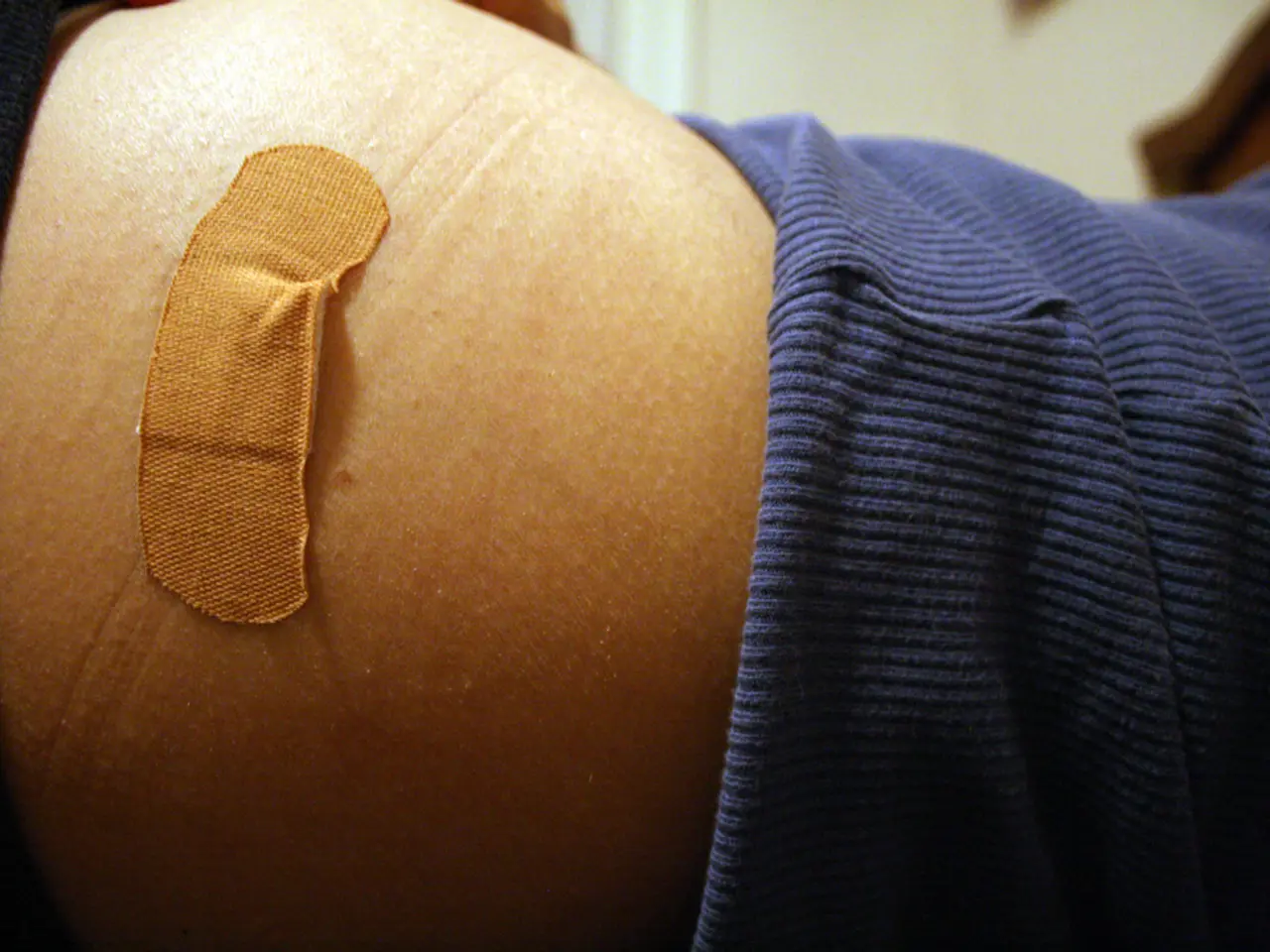Lowered Breast Cancer Mortality Rate Through Screenings
In a significant breakthrough for women's health in Germany, a comprehensive study commissioned by the Federal Office for Radiation Protection has found that the nationwide mammography screening program significantly reduces breast cancer mortality.
The study, led by the University of Münster, combined two different investigative approaches: billing data from health insurance companies across the entire federal territory and complete data from North Rhine-Westphalia. The analysis was based on data from 2009 to 2018 and involved the collaboration of the North Rhine-Westphalia Cancer Registry, the BIPS in Bremen, and the SOCIUM research center.
The results, presented this week in Berlin by Federal Health Minister Nina Warken, show that regular participation in the program leads to a substantial reduction in breast cancer deaths. The study found that women who participate in the program have a 20 to 30 percent lower risk of dying from breast cancer compared to non-participants.
Minister Warken stated that the study results are good news for all women in Germany who receive an invitation to mammography screening. She emphasised that the benefits of the examination outweigh any potential risks. Federal Environment Minister Carsten Schneider echoed this sentiment, stating that the program follows European quality standards, ensuring that the screening is conducted under optimal conditions.
The mammography screening program, introduced in 2005, takes place in certified units under strict quality and radiation protection guidelines. Women eligible for the program receive an invitation in writing every two years. The program has been available nationwide for women aged 50 to 69 since 2009, and will be available up to the age of 75 from 2024.
While the program is approved under radiation protection law, there is a small additional risk of breast cancer due to radiation exposure during mammographies. However, this risk is considered very low compared to the benefits. Critics of mammographic screening argue that it may lead to overdiagnosis, but this is not specifically highlighted in the context of the German program.
The project was funded with around ten million euros, and the benefits of the program are undeniable. Regular participation in the German mammography screening program has been shown to significantly reduce breast cancer mortality, providing early detection and increasing the chances of recovery.
The study, conducted by the University of Münster and funded with ten million euros, combined scientific research approaches and medical-conditions data to determine the effectiveness of Germany's nationwide mammography screening program, particularly for women's health and breast-cancer. Minister Warken presented the findings, revealing that regular participation reduces breast cancer deaths by 20 to 30 percent for women involved, emphasizing the importance of health-and-wellness screenings and the program's benefits outweighing potential risks.




